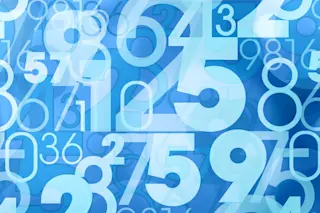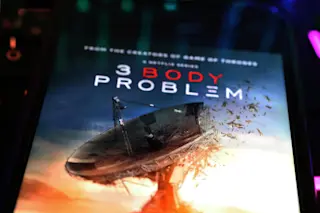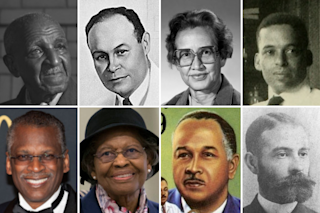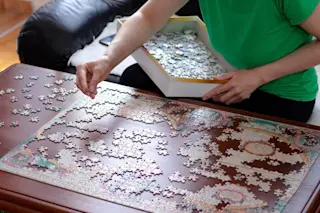Let’s say you’ve been put on trial—you’re innocent, of course—and that a perverse exercise in probability theory will decide your fate.
Each juror will choose whether or not to vote in favor of your conviction by flipping a coin: If it lands on heads, then it’s off with yours; if the coin lands on tails, then you are spared. But you have a choice. You can either select a three-person jury composed entirely of coin flippers—best out of three determines the verdict—or you can have the judge flip a single coin for the decision. Which scenario should your legal counsel request?
The truth is that it’s a trick question, since comparing the probabilities reveals that your odds of winning are a straight fifty-fifty shot in either case! You may as well let the judge decide and save three people from jury duty.














